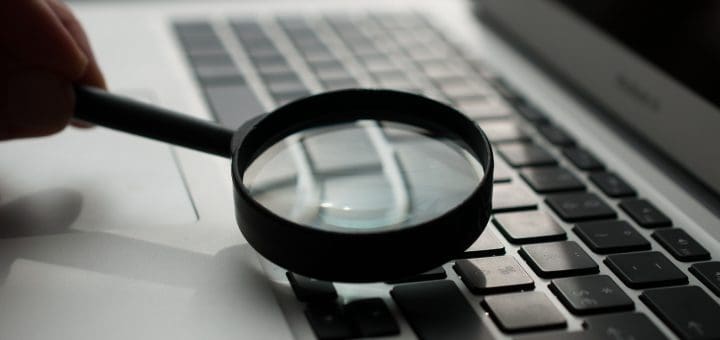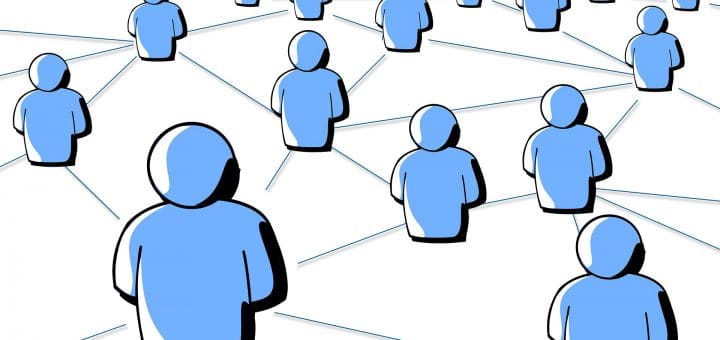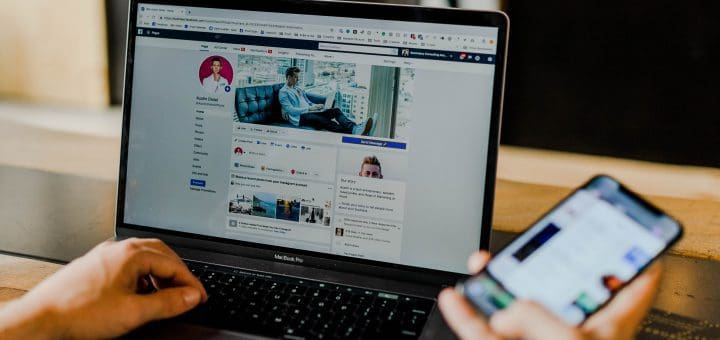How Does Social Media Affect the Adolescent Brain
The short answer? There are a lot of ways that using technology and specifically social media affects your brain. After all, the brain is always working and responding to everything, and social media is no exception.











Recent Comments